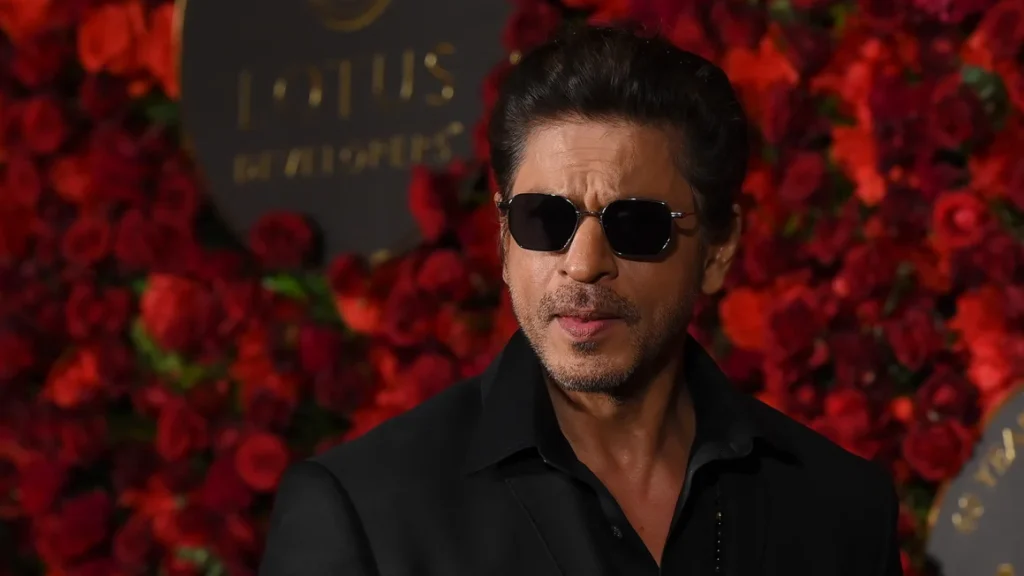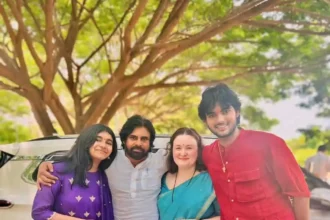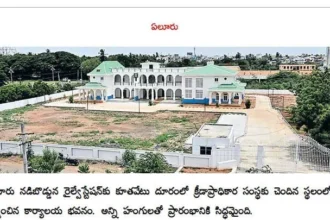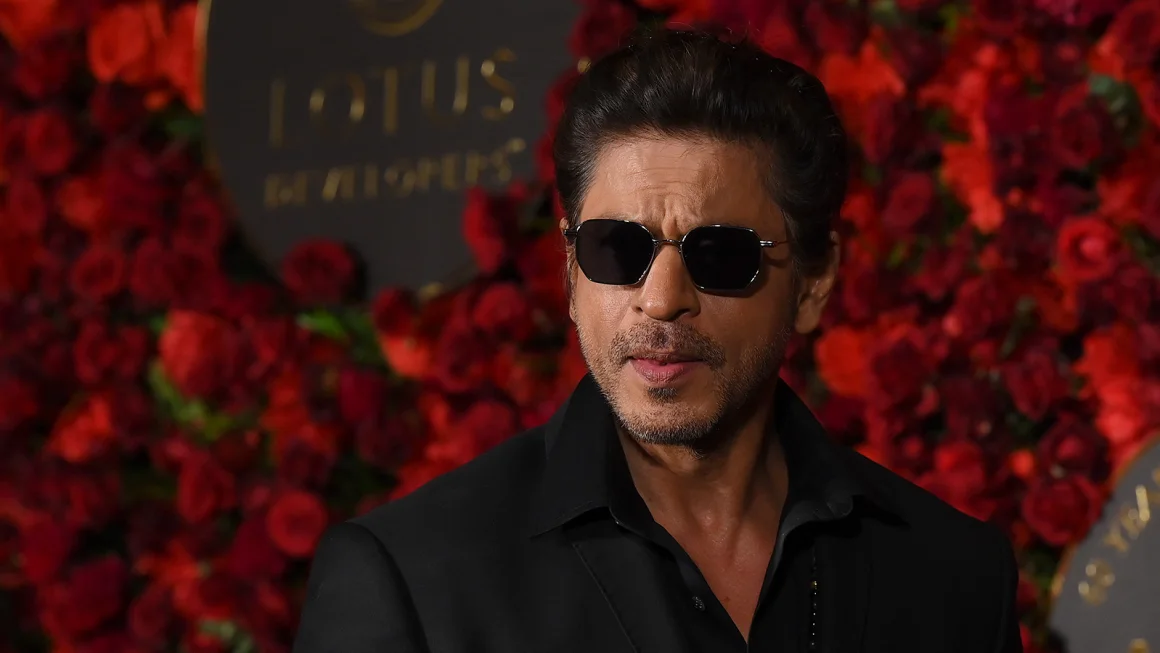
Shah Rukh Khan, Bollywood’s top star, is recovering well after being hospitalized for a heatstroke. He was admitted in Ahmedabad, Gujarat, where temperatures reached 45 degrees Celsius this week.
His manager, Pooja Dadlani, assured fans that Khan is doing well and thanked them for their love and prayers. Khan’s wife, Gauri, visited him at the hospital.
Known as “King Khan,” Shah Rukh is a hugely popular actor in India with a career spanning over 90 movies. He received several awards and honors, including India’s fourth-highest civilian honor in 2005 and a place on Time magazine’s 100 most influential list in 2022.
Khan was in Ahmedabad to watch an Indian Premier League cricket match involving the Kolkata Knight Riders, a team he co-owns.
His hospitalization coincides with a heatwave affecting parts of India, leading to illnesses and school closures due to extreme temperatures.
The India Meteorological Department (IMD) warned of a “severe heatwave” in states like Rajasthan, Punjab, Haryana, Uttar Pradesh, and Delhi. Temperatures soared to over 45 degrees Celsius (113 Fahrenheit) in many cities in the north this week.
In Delhi, where more than 11 million people live, schools were ordered to close early for summer holidays as temperatures reached 47.4 degrees Celsius (117 Fahrenheit). Barmer city in Rajasthan recorded a scorching 48 degrees Celsius (118 Fahrenheit) on Wednesday, according to the IMD.
The heatwave is expected to continue for the next few days. This extreme heat coincides with the ongoing national election in India, with Delhi set to vote on Sunday.
During the summer months of May and June, India usually faces heatwaves, but in recent years, they’ve been starting earlier and lasting longer. Experts warn that the climate crisis will make heatwaves more common and severe in the future, challenging India’s ability to cope.
India is one of the countries predicted to suffer the most from the climate crisis, according to the Intergovernmental Panel on Climate Change. This poses a threat to its development and could undo progress made in reducing poverty, improving health, and fostering economic growth.





